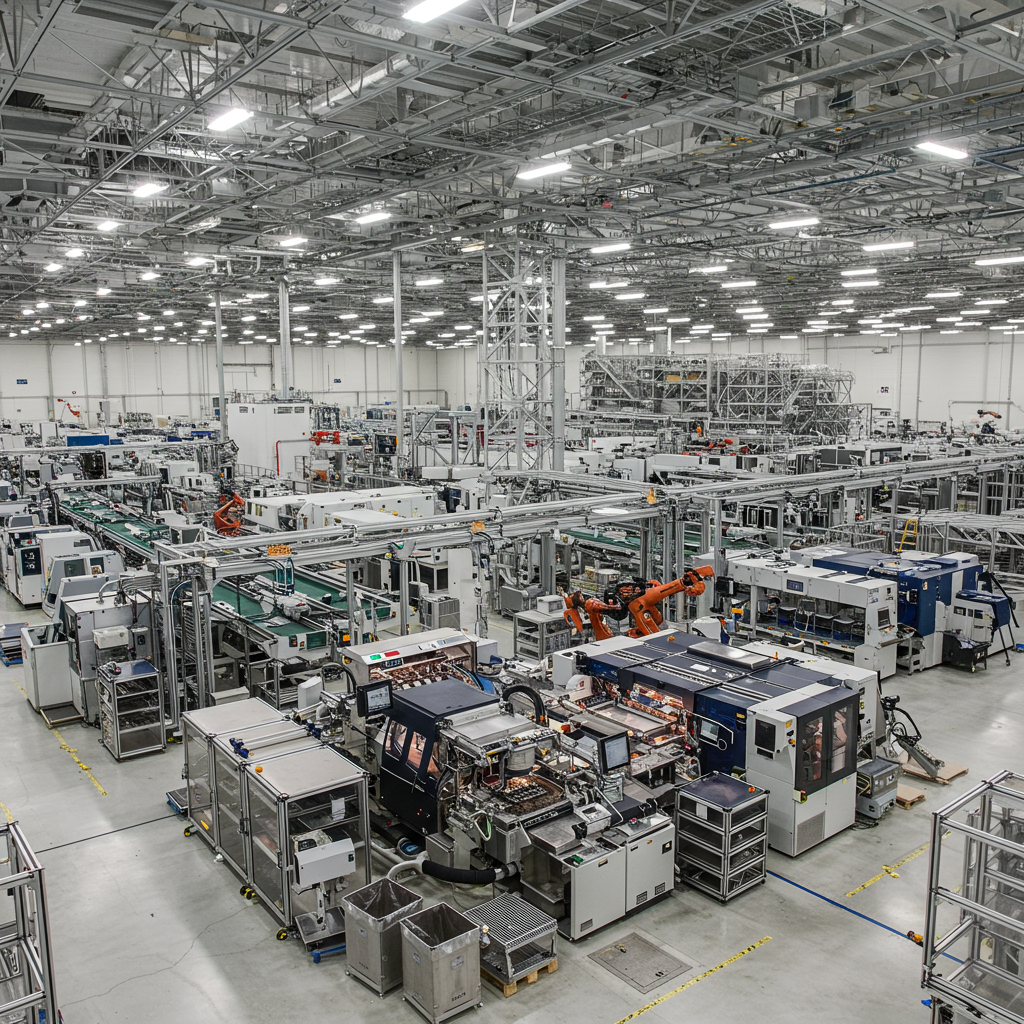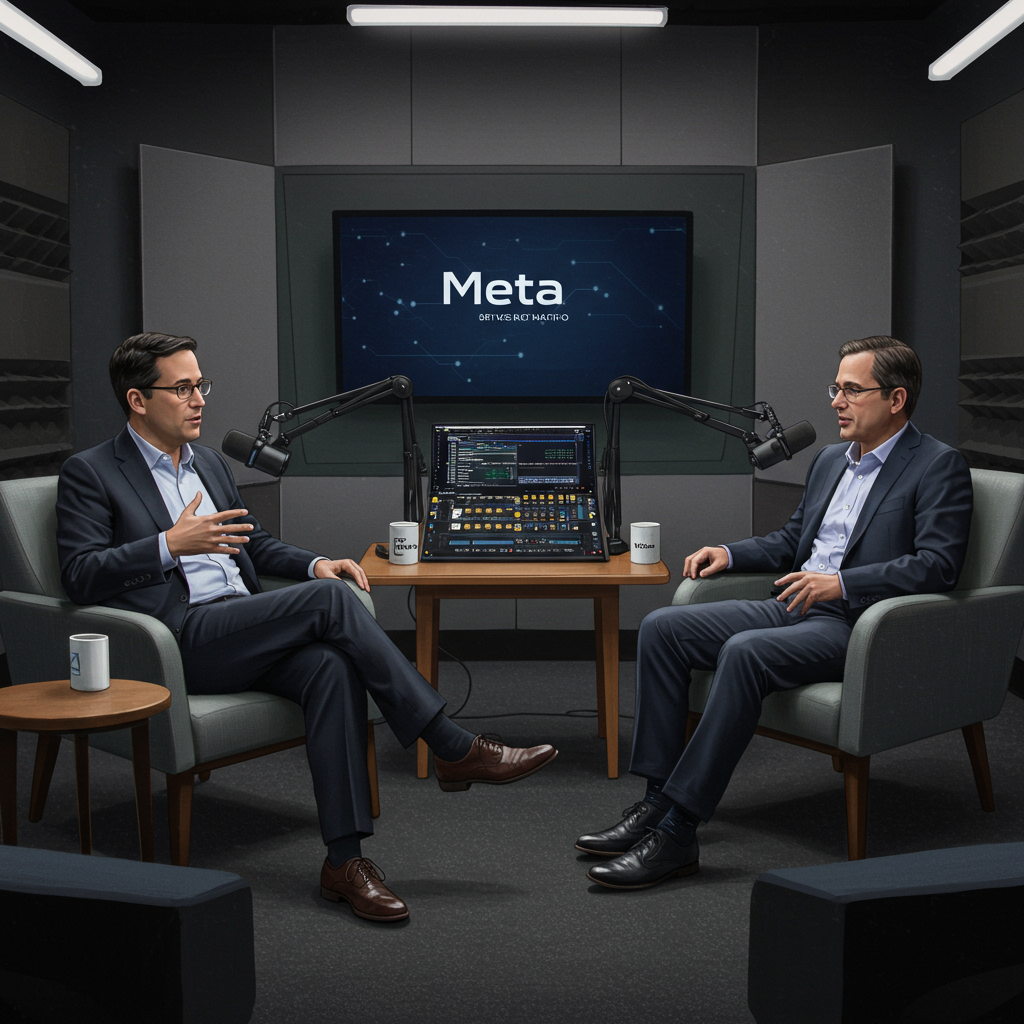Texas Instruments Commits Over $60 Billion to Boost US Semiconductor Manufacturing
Computer chip manufacturing giant Texas Instruments (TI) has announced a monumental investment exceeding $60 billion (£44.74bn) aimed at dramatically expanding its semiconductor production capabilities within the United States. Described by the Dallas-based company as the “largest investment in foundational semiconductor manufacturing in US history,” this strategic move signals a significant push towards strengthening domestic chip supply chains.
The ambitious plan involves the construction or expansion of a total of seven cutting-edge chip-making facilities situated across three key sites in Texas and Utah. TI anticipates this substantial investment will lead to the creation of approximately 60,000 jobs across the nation, providing a major boost to the US tech sector workforce.
While a detailed timeline for the phased investment was not immediately provided, the announcement aligns closely with increasing pressure on major technology firms by political figures, including President Donald Trump, to onshore more manufacturing operations. The initiative also resonates with broader US government efforts under the CHIPS and Science Act, legislation introduced by the Biden administration aimed at bolstering domestic semiconductor production through incentives.
US Secretary of Commerce Howard Lutnick lauded the investment, stating that the partnership with TI would provide support for US chip manufacturing for decades ahead. It’s worth noting that the Biden administration had previously finalized a $1.6 billion subsidy for TI in December, linked to the company’s earlier plans to invest at least $18 billion in building three new facilities.
TI’s pledge follows similar large-scale commitments from other industry players seeking to expand their US footprint, including Micron, which recently increased its planned spending in the US to a staggering $200 billion. However, some analysts suggest that major spending announcements by tech giants like TI may also serve, in part, as attempts to appease political pressure, particularly given past threats regarding the CHIPS Act and warnings of potential new tariffs on imported semiconductors.
Why Foundational Chips Matter
Unlike companies focused primarily on high-end artificial intelligence (AI) processors, such as Nvidia, Texas Instruments specializes in producing “foundational chips.” These essential components are ubiquitous, found in a vast array of devices we use daily, from smartphones and automobiles to industrial equipment and appliances.
TI operates a global network of 15 sites, with key facilities located in both the US and Asia. Its diverse customer base includes major global entities like iPhone-maker Apple, Elon Musk’s space exploration firm SpaceX, and automotive industry giant Ford.
Reshaping the Semiconductor Landscape
This massive investment by Texas Instruments is poised to have far-reaching implications for the global technology landscape. As countries increasingly prioritize technological independence and control over critical industries, expanding domestic manufacturing capacity for foundational semiconductors becomes paramount.
The move comes amidst rising competitive challenges for TI, particularly from Chinese manufacturers producing similar lower-end chips. By significantly increasing its US production capacity, TI’s investment could help reshape global semiconductor supply chains, potentially impacting pricing and availability worldwide and applying competitive pressure on foreign manufacturers, especially those based in Asia.
Ultimately, Texas Instruments’ unprecedented $60 billion commitment marks a pivotal moment, not only for the company but for the future of US technology manufacturing. It underscores the strategic importance of semiconductors and highlights the intensifying global competition for dominance in this foundational industry.




